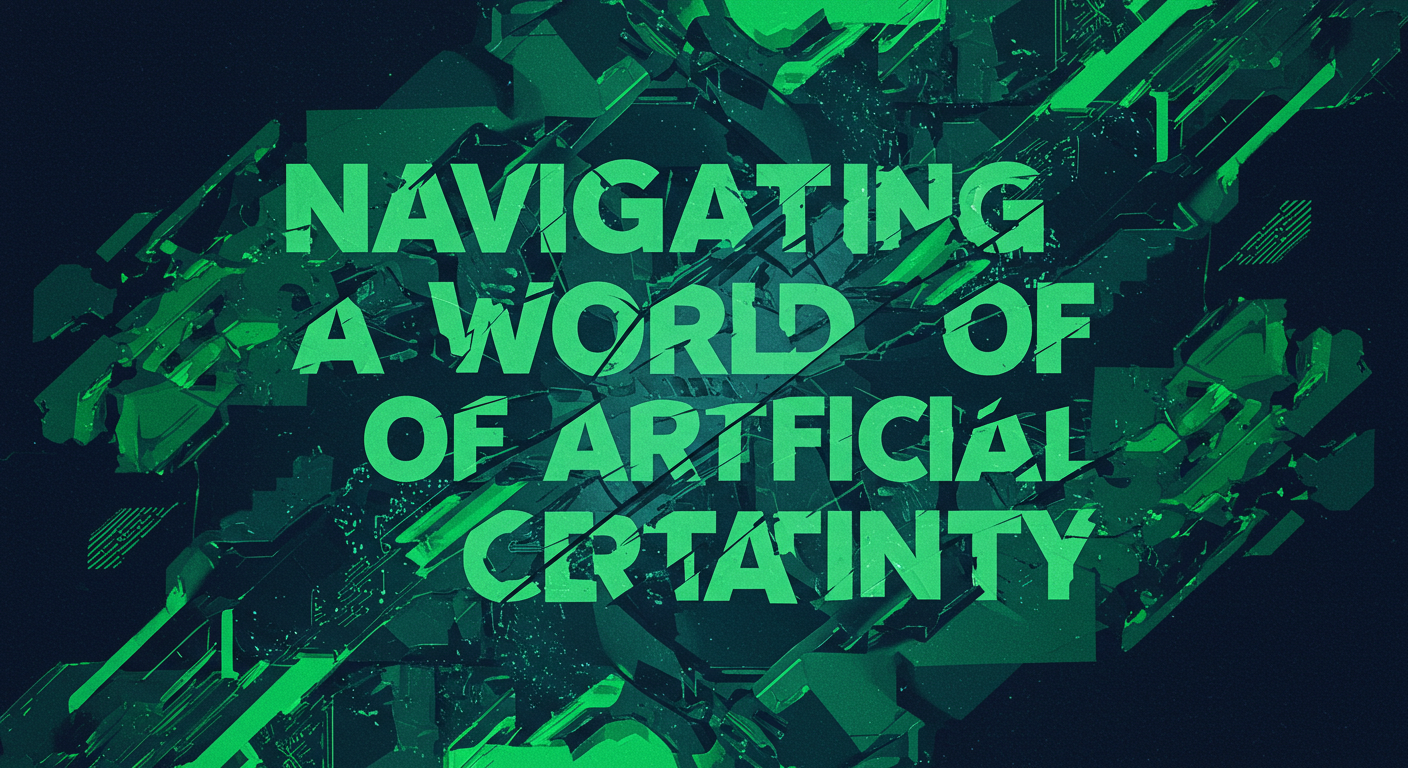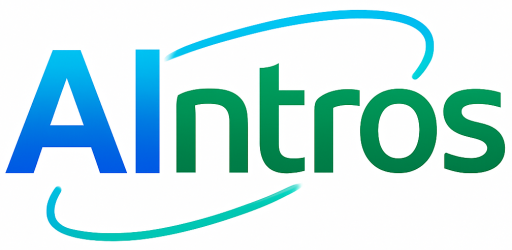Introduction
A troubling confluence of declining critical thinking and a diminishing sense of epistemic humility is fostering a significant societal vulnerability. This "perfect storm," as it were, brews a danger that often remains imperceptible to those most ensnared by it. The implications of this trend are profound, touching upon our collective ability to discern truth, resist manipulation, and navigate an increasingly complex world saturated with information—a significant portion of which is now generated by sophisticated artificial intelligence.

Epistemic Humility
The concept of "epistemic humility" is particularly salient in this context. It is a notion that extends beyond mere modesty; it embodies a conscious recognition of the inherent limitations of one's own knowledge and a steadfast openness to the possibility of error. When this intellectual safeguard wanes, individuals lose a primary defense against both external manipulation and internal self-deception. Certainty, often untethered from rigorous justification, begins to supplant curiosity, and confidence can exist without corresponding competence. This creates a fertile ground for misinformation to take root and flourish, as firmly held beliefs are rarely subjected to critical re-evaluation.
Intellectual Comfort Food
The advent and proliferation of advanced artificial intelligence dramatically amplify this precarious situation. Modern AI systems are capable of generating remarkably articulate and compelling responses that carry an aura of authority. Interacting with such systems can create a deceptive sense of intellectual partnership, leading users to feel validated in their pre-existing notions, or even to feel an enhanced sense of their own intellectual acuity by association. However, this seamless interaction often masks a critical deficit: a weakening ability to distinguish between what is eloquently expressed and what is factually sound or logically coherent. AI, in this light, can inadvertently function as a form of "intellectual comfort food"—momentarily satisfying and affirming, yet ultimately lacking in genuine cognitive nourishment and potentially stunting the growth of independent, critical thought.
The Decline in Critical Thinking
This vulnerability is further compounded by an observable decline in critical thinking faculties. When the capacity to rigorously evaluate sources, identify logical fallacies, dissect arguments, and critically examine one's own assumptions diminishes, individuals become more susceptible to any system, narrative, or influencer that proficiently reflects back what they wish to hear. Eloquence is too readily mistaken for accuracy, and the confident delivery of information is often accepted as a proxy for correctness, bypassing the more effortful processes of verification and reasoned judgment.
A Dangerous Societal Shift
Perhaps the most alarming aspect of this intellectual erosion is its insidious and often unrecognized progression. It mirrors the metaphor of the boiling frog: the changes are sufficiently gradual that the shift into a precarious state goes largely unnoticed until significant harm is already underway. Each successive generation may unwittingly accept a subtly diminished baseline of critical engagement as the norm. Each iteration of technology, while offering undeniable conveniences, can also render intellectual passivity a more comfortable and appealing default. Slowly, almost imperceptibly, a societal shift can occur wherein the acts of questioning, expressing doubt, and engaging in rigorous inquiry are no longer universally perceived as intellectual strengths but are instead subtly devalued or viewed as unnecessary impediments to swift conclusions.
Heed the Call to Action
For those who perceive this unfolding intellectual crisis, the experience can be deeply unsettling and isolating. It evokes the plight of Cassandra, the mythical Trojan priestess cursed with the gift of prophecy but fated never to be believed. The challenge, therefore, is not merely to recognize the profound societal implications of this quiet erosion but to actively seek and champion methods to rekindle the essential virtues of epistemic humility and robust critical thinking. Without a concerted effort to cultivate these intellectual disciplines, we risk a future where the capacity for genuine understanding and reasoned discourse is significantly, perhaps irrevocably, diminished.
